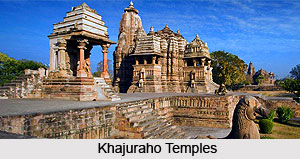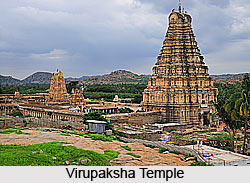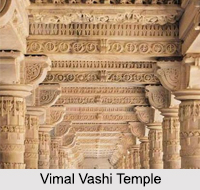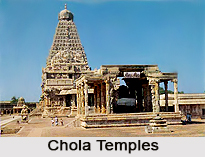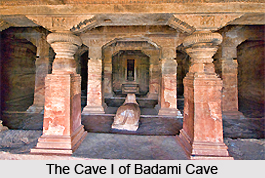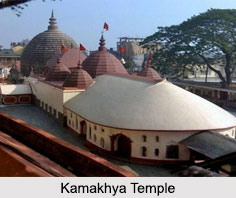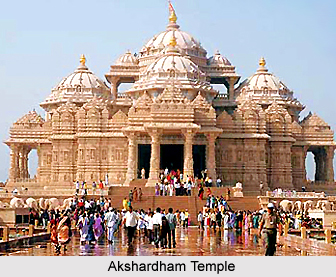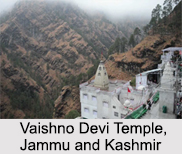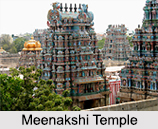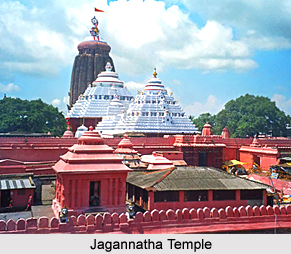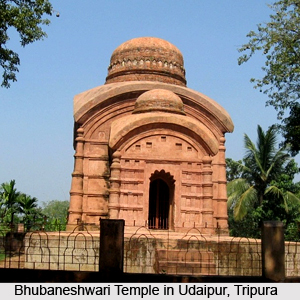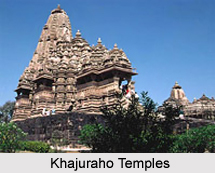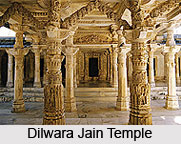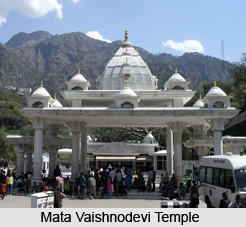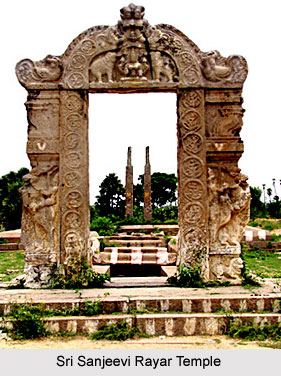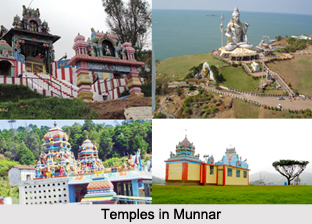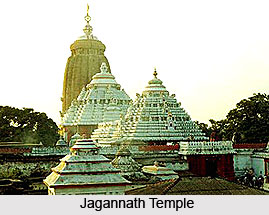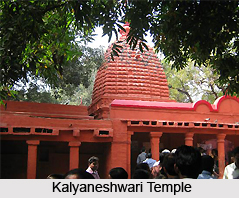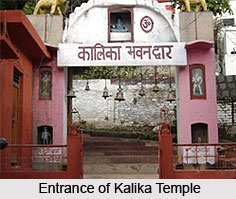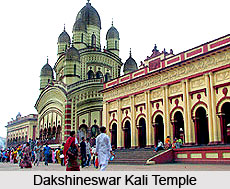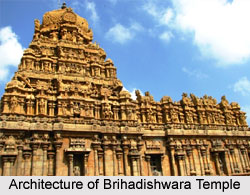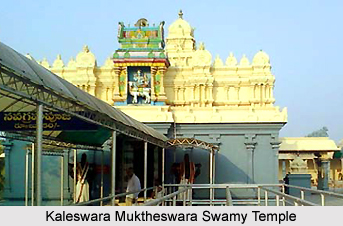 Kaleswara Muktheswara Swamy Temple is the temple dedicated to Lord Shiva, situated in Andhra Pradesh. This temple is famous for the confluence of the Ganga of the South, Godavari River. People come from various parts of India, to have a holy dip in Godavari River.
Kaleswara Muktheswara Swamy Temple is the temple dedicated to Lord Shiva, situated in Andhra Pradesh. This temple is famous for the confluence of the Ganga of the South, Godavari River. People come from various parts of India, to have a holy dip in Godavari River.
Kaleswara Muktheswara Swamy Temple is one of the ancient temples in Andra Pradesh. Kaleswara Muktheswara Swamy Temple holds a unique significance as two Shiva Lingas found on a single pedestal, one is Lord Shiva and Lord Yama, collectively known as Kaleswara Mukteswara Swamy.
Kaleswaram, is one of the places of the three Shiva temples mentioned in Trilinga Desham (Land of Three Lingams), another name for Telugu language speaking region, the Andhra Pradesh, the other two being Draksharamam and Srishailam.
This place is also called Dakshina Triveni Sangamam, as two rivers meet here along with third illusionary flow of Antarvaahini. It is said that a long time back one Vaishya king has performed the royal coronation to Kaleswara Mukteswara with hundreds of milk pots and the milk evolved at the "sangamam" (meeting point) of Godavari River and Pranahita River.
This article is a stub. You can enrich by adding more information to it. Send your Write Up to content@indianetzone.com
